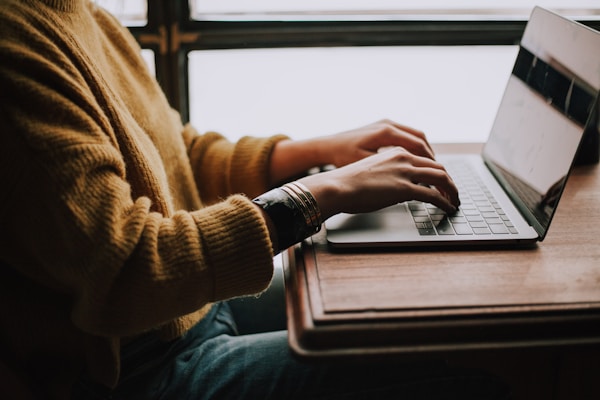Most people never think twice about what they post online, but if you’re looking for information about others, you need to be careful. A simple Google search can turn up a lot of personal information, and if you’re not careful, you could reveal more than you intended. In this article, we’ll show you how to protect yourself when searching for information about others. Keep reading to learn more.
What is a people finder website?

A people finder free website is a people search engine site that helps you find contact information for people for free. Typically, people finders allow you to search for people by name, address, or email address. In addition, many people finders offer reverse phone lookup and email lookup services.
People finders are incredibly useful tools for finding lost friends, relatives, or classmates. They can also be helpful for finding business associates, customers, or partners. Additionally, people finders can be used for identity verification, background checks, and other purposes.
When looking for a people finder, it’s important to consider the features that are important to you. Some people finders offer basic, free search capabilities, while others offer more advanced features that charge a fee for their services. Additionally, some people finders are more comprehensive than others and may include more information, such as addresses and contact information.
The key thing to remember is that not all search engines are created equal. Some are more comprehensive than others, and some are better at returning accurate results. It’s important to do your research before selecting a search engine to use.
How can you keep your computer up to date to protect yourself?
One of the best ways to protect yourself when searching for information about others is to ensure your computer security software is up to date. This includes antivirus software, antispyware software, and a firewall. These programs can help protect your computer from malicious websites and downloads containing spyware or other malware.
It’s also important to be careful about the information you share online. Don’t give out personal data like your address or phone number; be wary of clicking links or opening attachments in emails from strangers. If you’re unsure whether a website is safe, research it before entering any personal information.
How can you protect yourself when searching for others online?
Public records databases can often be searched by anyone without restriction, meaning that personal information about you may be accessible to anyone who searches for it. This means you should use caution when accessing these databases and only provide information about yourself if necessary. Additionally, you should be careful about the information you include in your searches, as someone could use this information to track you down. When researching others, it’s easy to get carried away and share too much information. Remember that the people you are researching may not want their personal information shared online.
Why is it essential to create strong passwords when searching for others online?

Passwords are the first line of defense against unauthorized access to your online information. It’s important to use strong passwords and to change them often. A strong password is one that is difficult for others to guess, and it should be different for each account you have. You should never use easily guessed words like your name or your pet’s name. You can create a strong password by combining letters, numbers, and symbols.
Be aware of the potential for privacy breaches. Sometimes publicly available information can be accessed by unintended people. For example, if you are researching someone’s social media profile, be aware that anyone who has access to your profile may be able to see that information.
Overall, protecting yourself is necessary when searching for information online. This includes being aware of the sources you are using and being careful about what information you share. When it comes to researching others online, be careful and use caution. By following these tips, you can help protect yourself and the people you are researching.
